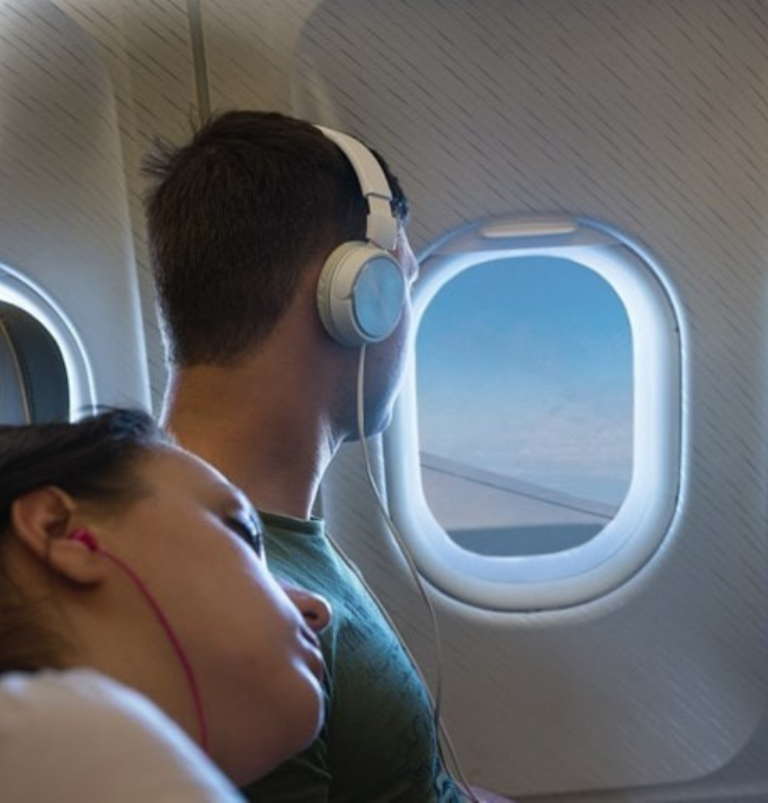- Recognize the Circadian Cycle:
When a person travels quickly across time zones, their body’s internal clock is thrown off, resulting in jet lag.
It takes time for the body to acclimate to the new time zone, which can cause symptoms including exhaustion, sleeplessness, and trouble focusing.
- Getting Ready Before a Trip:
A few days prior to your travel, gradually modify your sleep routine to match the time zone of your destination.
Avoid consuming too much alcohol or caffeine, as these substances can exacerbate the effects of jet lag. Instead, stay hydrated.
- During in flight:
Water is the best way to stay hydrated.
Even if it means remaining up during what would be nighttime at your departure point, try to sleep or rest in accordance with the local time at your destination.
- As You Arrive:
Spend time outside, preferably in the morning, to assist your body’s internal clock reset.
When you first arrive, try not to take extended naps since this can throw off your sleep schedule even more.
If required, think about taking short-term, over-the-counter or prescription sleep medications to assist control your sleep habits.
- Create a Schedule:
Once you’re at your location, keep to a regular sleep routine.
Incorporate physical activity and a nutritious diet to support general health and facilitate time zone adjustment.
- Allow Time for Yourself:
Understand that your body could need a few days to properly acclimate to the new time zone.
During this time of transition, practice self-compassion and give self-care first priority.
- If necessary, Seek Professional Assistance:
See a medical expert for individualized guidance and treatment options if your jet lag symptoms worsen or interrupt your everyday activities.







